
Singapore to revamp public health subsidy system
The basis for hospital subsidies will be changed to per capita household income.
Singapore is revising its public healthcare subsidy framework to benefit those with greater needs, amidst a rising consumption of healthcare services as the population ages.
To ensure that people at the lowest income levels get the help that they need to improve their health outcomes, the Ministry of Health (MOH) will channel more money to them, which would entail a major revamp of the public sector subsidy structure by the middle of 2022 that will affect inpatient and outpatient subsidies, according to Fitch Solutions.
There will be changes to the subsidies in acute and community hospitals, specialist outpatient clinics and for day surgery. There will also be just one subsidy range for the two subsidised ward classes - B2 and C - that will go from 50% to 80%.
“The change will mean higher subsidies for lower income patients who opt for B2 class, and lower subsidies for higher income patients in C class. The lowest quintile already gets the lion's share of subsidies, 37% in 2018,” the report stated.
Changes to the subsidy system will further tilt the financial help in their favour, Fitch noted. Hospital subsidies will change from being based on an individual's income to per capita household income to reflect the number of people dependent on that person's income.
MOH is also planning to address health needs across a person's life. To help the young ‘start well and achieve their fullest potential’, the ministry will develop a child and maternal health and well-being strategy that will span pre-conception to 18 years of age.
At the other end of the spectrum, $143m (S$180m) has been set aside to roll out more than 200 eldercare centres that will have active ageing programmes, befriending and care services.
The report noted that an ageing population, a preference for innovative medicines, and the population's access to new and advanced healthcare technologies will result in the continued growth of Singapore’s healthcare market.
According to the health minister, Singapore's healthcare expenditure is set to continue to rise, largely due to the development of new facilities and the cost of running them.
Singaporeans are also utilising more healthcare than in the past which is partly the result of making care more accessible and affordable to all, and partly due to earlier diagnosis and closer monitoring and follow-ups for medical conditions, Fitch added.
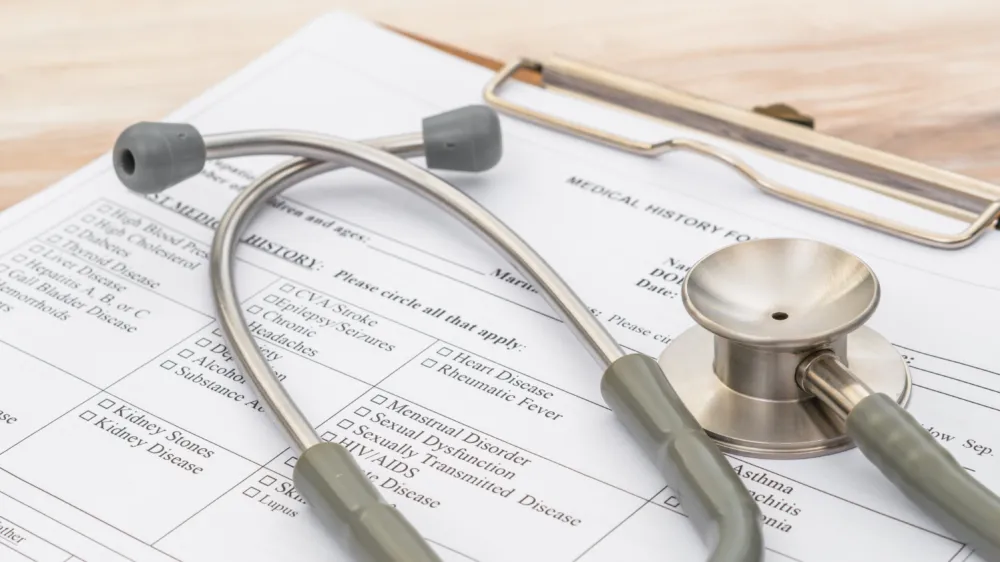
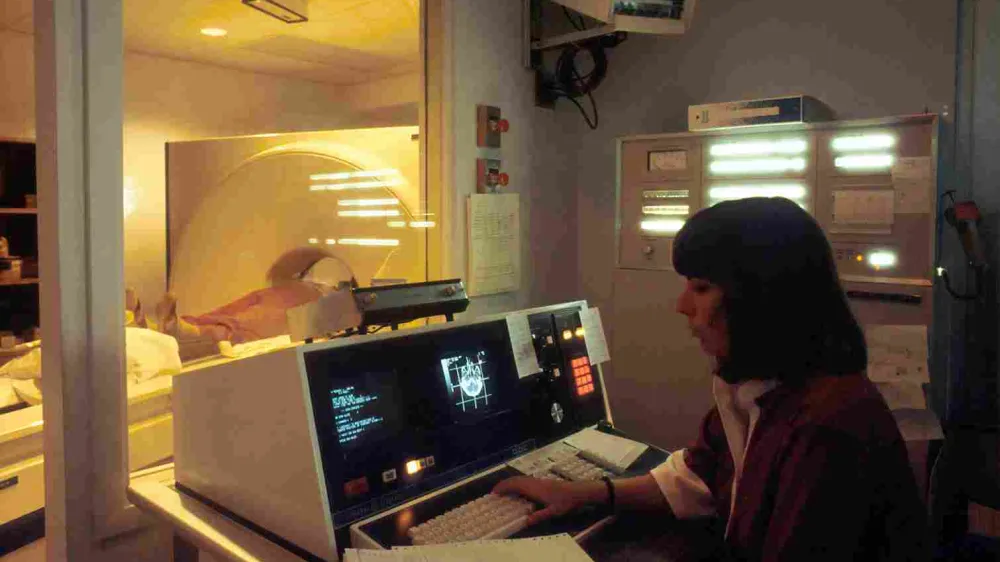

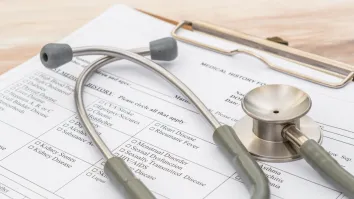
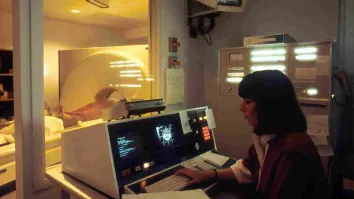
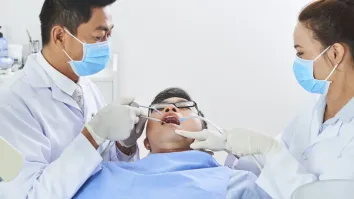













 Advertise
Advertise






